Popular Forms of Papparapā
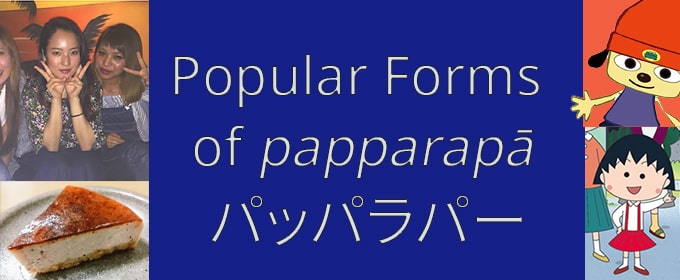
Papparapā is a magic word in Japan and across the world. From music lyrics and restaurants to silly people, let’s explore the popular forms of papparapā.
In my previous post, the Cultural Origin of Papparapā, I revealed the complete history and source of inspiration for the word papparapā, including where Akira Toriyama received the idea to use it in Dragon Ball.
There I stated that papparapā (パッパラパー, ‘pahp-pah-rah-paah’) is a real-life Japanese nonsense-word and magic word that means “nonsense,” “balderdash,” or “gobbledygook.” It is used to describe the indescribable, to express shock and awe, to ridicule someone speaking foolishly, and to activate magic.
In that post we explored the use of papparapā in Dragon Ball as a magic word that is used by the evil wizard Babidi to activate spells.
But there’s two sides to every story. Now it’s time to talk about papparapā’s other meanings and modern forms as they manifest in everyday language and in popular culture.
There are countless millions who say papparapā and yet have no idea what it means, or that it could even mean anything at all.
Other times, Dragon Ball fans will attribute the wrong definition of papparapā to Babidi’s spell. This article will clear up the confusion.
So what do people mean by papparapā when they say it?
Papparapā as Dumb or Foolish
One meaning for papparapā in Japan is the slang of referring to someone who is “a fool,” “can’t think straight,” or says something dumb. This is the same as its original form in German, of papperlapapp.
You can see this in the above video of a Japanese actor shouting papparapā and acting like a fool.
A common usage of papparapā is that it means ‘playing around,’ ‘acting dumb,’ and ‘having fun.’ You can see this usage as a #papparapa hashtag on Twitter. Here are a couple examples.
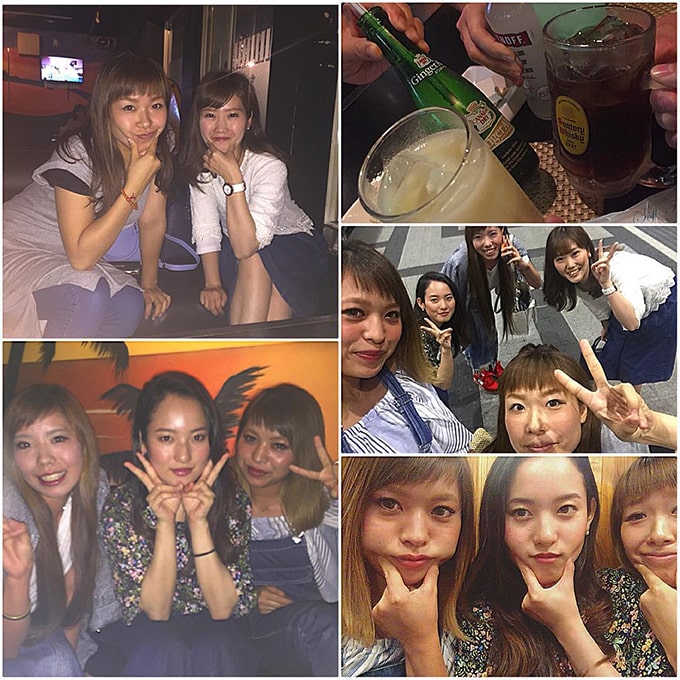
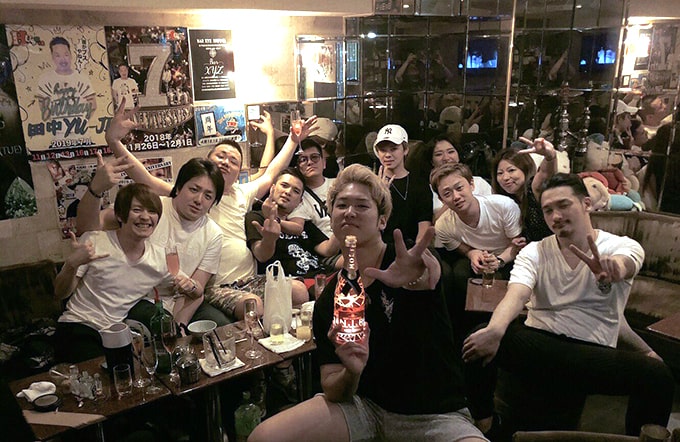
Here’s a music video for an alternative rock song titled Shin’ainaru ningen papparapa (親愛なる人間パッパラパ, “Dear Humans, Papparapa,” 2013) by artist Kiyomi.
At 2:37 the singer repeatedly says papparapa while Japanese citizens dance in a foolish manner behind her as an act of rebellion against society’s constraints.
The Japanese edition of South Park used papparapā, according to a comment on the ‘Papparapa’ entry of a site called MysteryArts. It says that in the South Park episode All About Mormons (2003), which is Episode 12 of Season 7, they depict the founder of Mormonism, Joseph Smith recounting his story of how he discovered his divine books, and in the background, the choral voice of “Dumb, dumb, dumb, dumb, dumb” sings out every so often, put to a tune. In the Japanese version, the localizers adapted this singing to “Papparapā pa pa pa.”
Papparapā as a Name
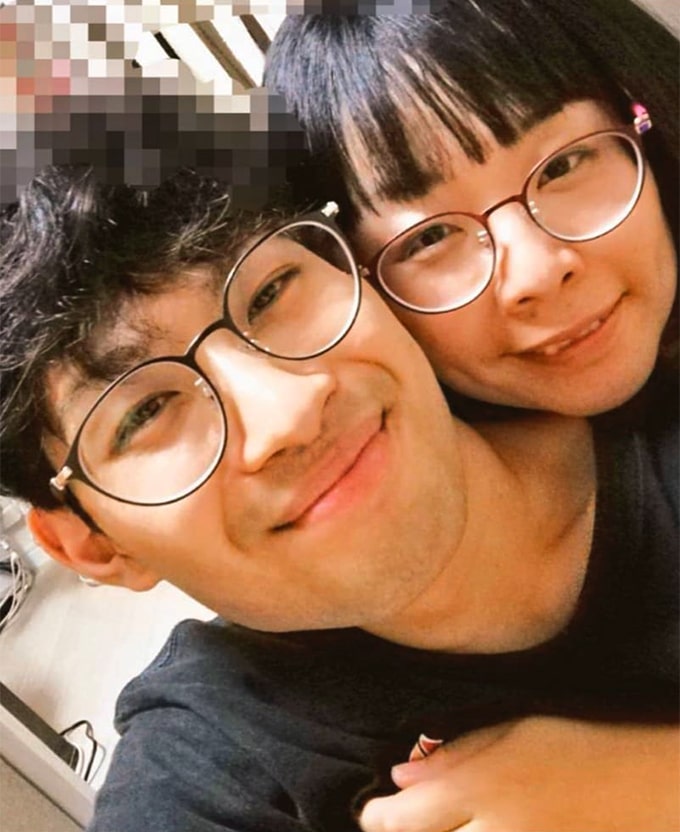
Believe it or not, there’s a person named Papparapa.
That’s right. This 32-year-old Japanese woman’s name is actually Papparapa (pictured on the right).
She and her husband own a coffee and sweets café in Japan called Papparapa Mio.
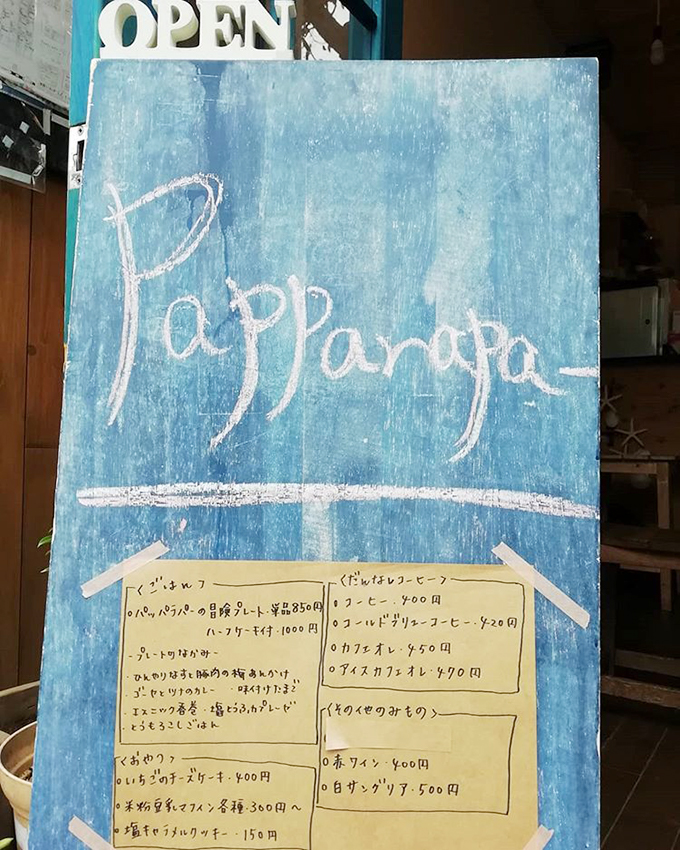
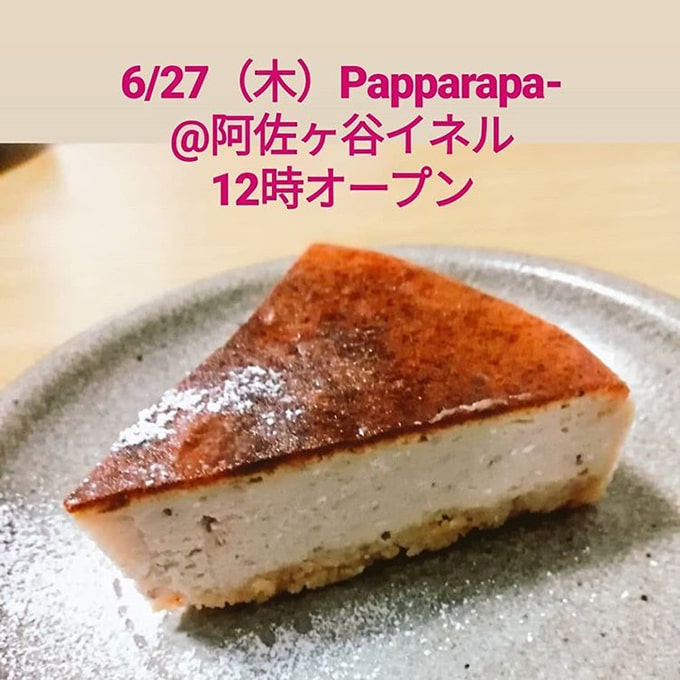
You can follow them on Instagram.
Papparapā in Global Music
It turns out that when people search on Google for “papparapā,” they’re looking for music, not Dragon Ball. That’s because “papparapā” is used in album titles, song titles, and in lyrics around the world.
In fact, the first 85 results for “papparapā” will be about music from artists around the world, and Dragon Ball doesn’t show up until 86 and 87. And then it’s back to music again.
For example, the album Papparapa (2010) by Polish artist Joanna Jabłczyńska.
Papparapa is the first track on the album, with another called Hokus Pokus, creating a clear magic connection between her music and this magic word.
This is a love song by Alex de Almo called Paparapa (2016):
“You always show me there’s a brighter side.
And I’m lost without your love.
Paparapa paparapa paparapa.
Paparapa paparapa paparapa.”
There’s also an audio version, where “paparapa” is the only word, and repeats from start to finish.
Here’s a Tamil song called Papparapa (2017) by artist TR, from the film Vizhithiru (2017).
In this song the word papparapa is repeated 4 times each time the chorus is sung, for a total of 32 times.
You can watch its making-of video and see “Papparapa” blasted across the screen.
The #1 result on Google for “papparapa” is a 2017 Italian rap song called Papparapà by Nerone:
It includes rhythmic repetition:
“If you have a reason in your head tell me how you do it.
Papparapà pà pà pà pà pà.
You have a reason in your head, don’t you?
The reason in the head.
Pà pà pà pà pà pà.”
And here’s a 2017 remix of Nerone’s Papparapà by Salmo:
Finally, here’s a Chinese song called Xiàoyè de papparapa (咲夜的 Papparapa, “Day and Night Papparapa”), with a fan-made music video.
Papparapā in Japanese Music
The word papparapā is used for its rhythmic qualities in the song called π (pie) (2015) by Japanese pop idol band Cupitron (キュピトロン), from their album Robot Boy Robot Girl (ロボットボーイ ロボットガール, 2015).
It’s the first song in this live performance of their hits, with papparapā appearing in the chorus at 1:20:
“PAI no PAI no PAPAI no PAI
PAI no PAI no PAIPAIPAI
PAI no PAI no PAPPAPPA~~I
PA RAPPA PA RAPPA PAPPARAPAI no PAI”
Here’s an alternative rock song called Papparapa-no-pa (2012) from the band namonakiband, off their album Title-no-nai-Album.
These songs are fun, but there’s one main song in Japan that people think of when they think of papparapā.
It’s from the first ending credits theme song from the anime adaptation of the ultra-popular shōjo series Chibi Maruko-chan (ちびまる子ちゃん, 1990), called Odoru Pompokorin (おどるポンポコリン, “Dance the Pompokolin”).
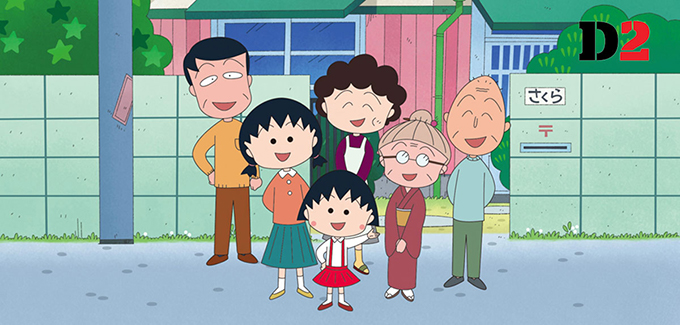
In this song they use an extended form of the word, as pappaparapa (パッパパラパ), with an extra pa (パ) in the middle. This is likely extended for the rhythm of the song.
The animation for the video even features a magic lamp that bursts open with smoke and a creature pouring out of it, ala a genie, which I believe is symbolic of the main character Maruko-chan’s grandpa.
The lyrics for Odoru Pompokorin were written by the author of the manga, Sakura Momoko (さくら ももこ, May 8, 1965 – August 15, 2018). The series reflects her childhood, with the story set in 1974 in suburban Japan, right at the same time that Sakura would have been a young girl and able to watch TV and learn of papparapā on Shazān—the same way Toriyama did.
Here’s an impressive live on-stage rock version of the song, where you can read the lyrics in the captions. The lyrics don’t make much sense out of context of the show, so you can read more about them on jmusic-hits.com.
Because it’s so great, here’s a live performance in 1990 by Bī Bī Kuīnzu (B.B.クイーンズ, B.B. Queens”), the original J-Pop singers of the song that is used for the ending theme.
Odoru Pompokorin exploded in popularity. According to Wikipedia this song, their debut single, “was the #1 song in 1990 on the Oricon charts, won the 32nd Japan Record Awards for pop rock song of the year and record of the year, was listed as the 3rd song on the JASRAC lists for 1991, and certified as a Million Record.” It ultimately sold 1.9 million copies.
It was also #8 on a 2002 list of the top 100 memorable anime songs of all time, and in a 2003 list it was #1 on the top anime songs of the ‘90s.
For comparison’s sake, Dragon Ball Z’s CHA-LA HEAD CHA-LA was #2 in the ‘90s. So this song beat Dragon Ball!
To show how people across the world are also hearing the word papparapā, here’s a 2016 example of international high school and college students who are learning Japanese performing a dance-off of Odoru Pompokorin.
Speaking of dancing girls, one thing I discovered while working on the papparapā in Dragon Ball article is that modern fans of Shazān, which is the original source of inspiration for papparapā, have created a mash-up of Shazān’s intro song with cute J-pop anime girls dancing.
You can see another one here, and here.
Papparapā as Shock or Confusion
One use of papparapā is when a person exclaims how confused and stunned they are, as if to say, “I have no idea what’s going on.”
I would imagine that people use this in conversation as a verbal equivalent to shrugging their shoulders in confusion.
However, while I have seen people write papparapā like this, I have never seen anybody say it out loud.
Papparapā and PaRappa the Rapper
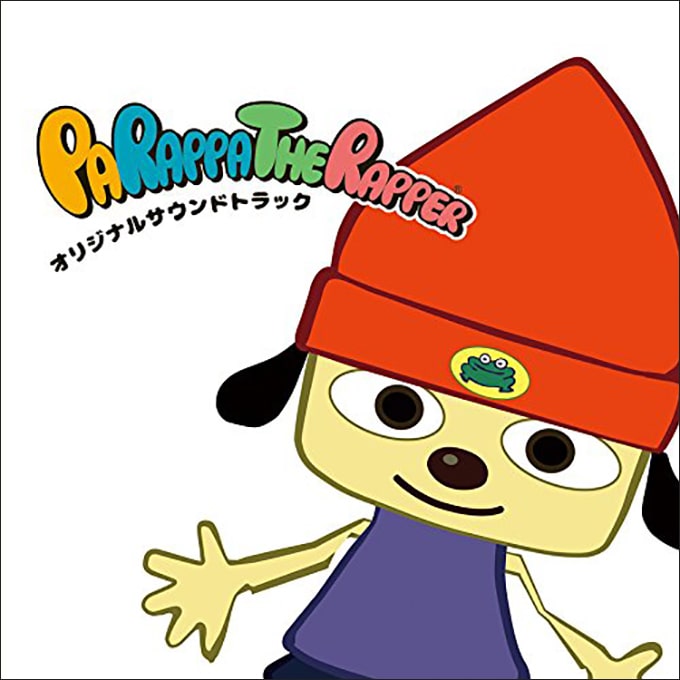
One of the things I saw come up while researching the origin of papparapā and its use in modern society is the video game Parappa Rappā (パラッパラッパ, “PaRappa the Rapper,” 1996).
This sure sounds like papparapā, doesn’t it? They even use the same katakana letters. And the game consists of rapping to a rhythm with what some people might call nonsense words. So I thought perhaps this word may have influenced the name of the game and its titular character.
But according to Wikipedia, “The game’s title is a word play referencing the flat characters: ‘PaRappa’ is a variant of the Japanese word for ‘paper thin.’” And as it happens, all of the characters in the game are flat, two-dimensional renderings that live in a three-dimensional world, so they look ‘paper thin.’
What that Japanese word is eludes me, but apparently that’s the source. If you know what it is, please leave it in the comments.
Meaningful Conclusion
Now you know both sides of the story, and have learned the popular forms of papparapā to go along with its magical form.
On the one hand, the etymology of papparapā means “nonsense,” and is therefore the same as any other ‘magic word’ such as hocus-pocus, abracadabra, and alakazam. This makes it a perfect phrase for casting magical spells, as is done in Daima-ō Shazān and Dragon Ball.
On the other hand, papparapā can refer to talking or acting foolishly, being confused or stunned, or having a playful time. It can also be used as a catchy rhythm, or even a person’s name.
And this is the form that has caught on across the world.
In the end, papparapā can mean whatever you want it to mean!
So how will you use papparapā in your life? Gonna’ write a song about it?
Leave your comments below!
' . $comment->comment_content . '
'; } } else { echo 'No comments found.'; }